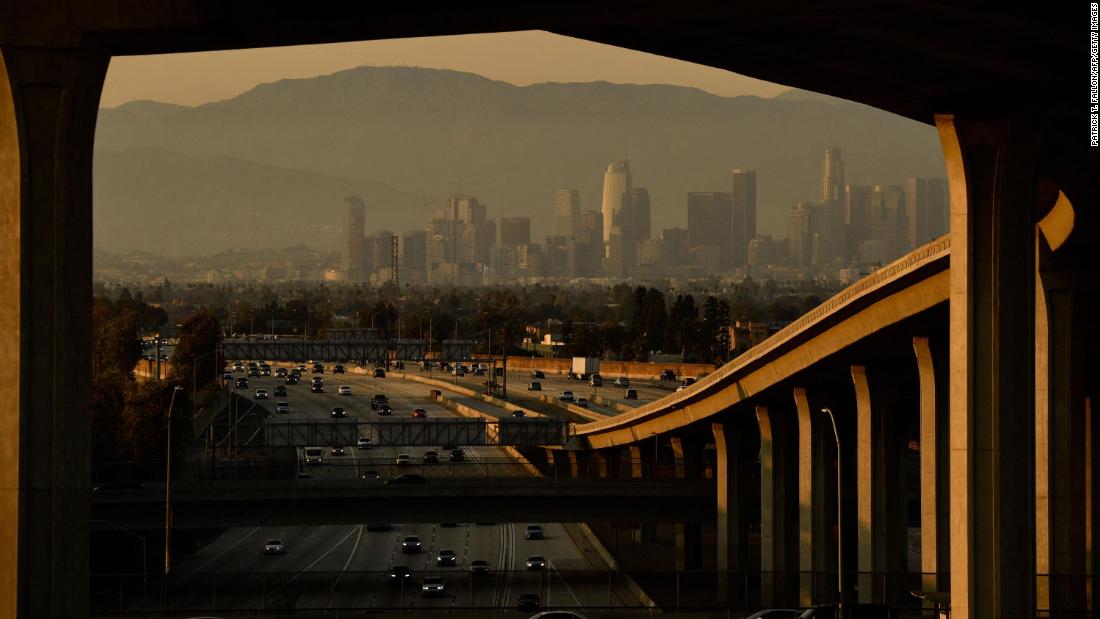Billiejeens
Diamond Member
- Jun 27, 2019
- 32,266
- 20,958
- 1,845
Uh, it is not.....only a portion of it is committed to actual infrastructure projects. The rest greases the Dimmer pockets.
Well they did change the meaning of "infrastructure" to mean anything that Democrats want -
So technically -



